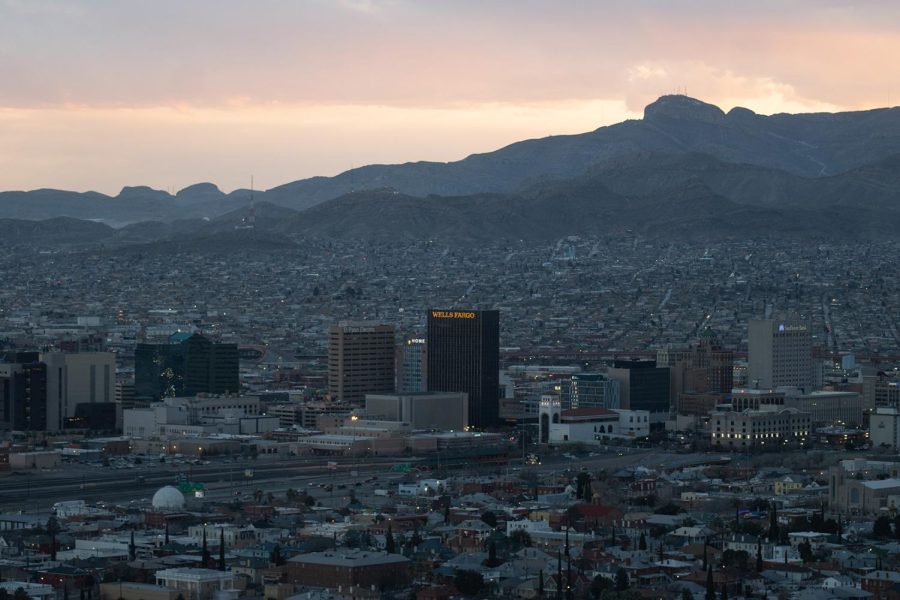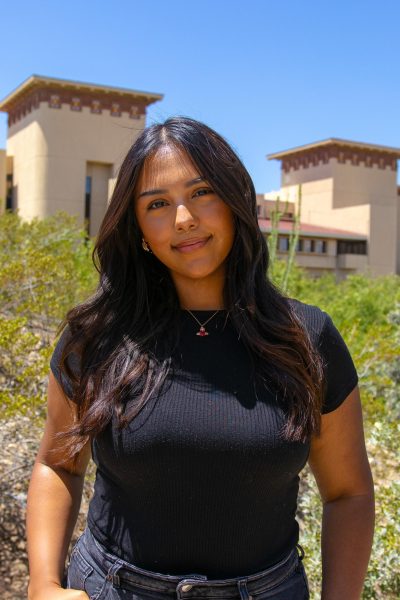Following election night, 56% of El Paso voters (97,463 in total) opted to revoke the bond measure that would effectively fund the creation of a multipurpose performing arts and entertainment facility in downtown El Paso.
This outcome signals a shift in priorities among El Pasoans, many of whom have become increasingly vocal over the years about the potential social, economic, and cultural impacts of the proposed arena.
The vision for a downtown arena began in 2012 when El Pasoans approved a $180 million bond for a multipurpose venue meant to host sports, concerts, and community events. The goal was to elevate El Paso’s role in regional entertainment. But as plans developed, community leaders and residents grew concerned, especially given the proposed site: Duranguito, El Paso’s oldest neighborhood.
Advocates for preserving Duranguito argued that the construction would displace residents and erase an important part of El Paso’s history. They saw the project as emblematic of larger issues—namely, concerns over gentrification and displacement efforts that stem from urban development projects.
Despite initial approvals and significant investment in planning, the arena project quickly became involved in legal battles and community protests, delaying development and forcing city officials to reconsider the project’s viability.
Legal battles and community protests slowed down progress and led city officials to rethink the project’s direction. Eventually, the city council proposed Proposition A in the 2024 election, allowing voters to decide whether to continue the funding or redirect those resources elsewhere.
Now, with the bond officially revoked, El Paso’s leadership is tasked with reimagining what a thriving downtown can look like without the arena at its core.
As for the arena itself, some have suggested the city explore partnerships with private investors, possibly moving the arena or multipurpose center to a different location or funding it through alternative models.
“I think a new proposal for an arena project would have to look very different, with significant private sector investment built in from the beginning,” said City Council member Chris Canales in an interview with El Paso Times. “There has been a lot of competing claims over the years about how voters feel about this issue, so I’m glad we asked the question, and a clear majority of voters have settled it definitively.”
While the city’s vision of a large-scale entertainment venue might be postponed or even reconsidered altogether, the Proposition A vote gives El Paso’s city council a chance to work with the community on a new downtown plan. One that respects the city’s cultural roots while also exploring new ways to foster economic growth.
What El Paso’s downtown will look like in the future remains to be seen, but one thing is certain: the voices of residents will play a central role in shaping that future.
Rumi Sevilla is a staff reporter for The Prospector and may be reached at [email protected]







